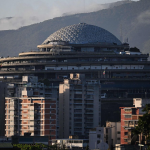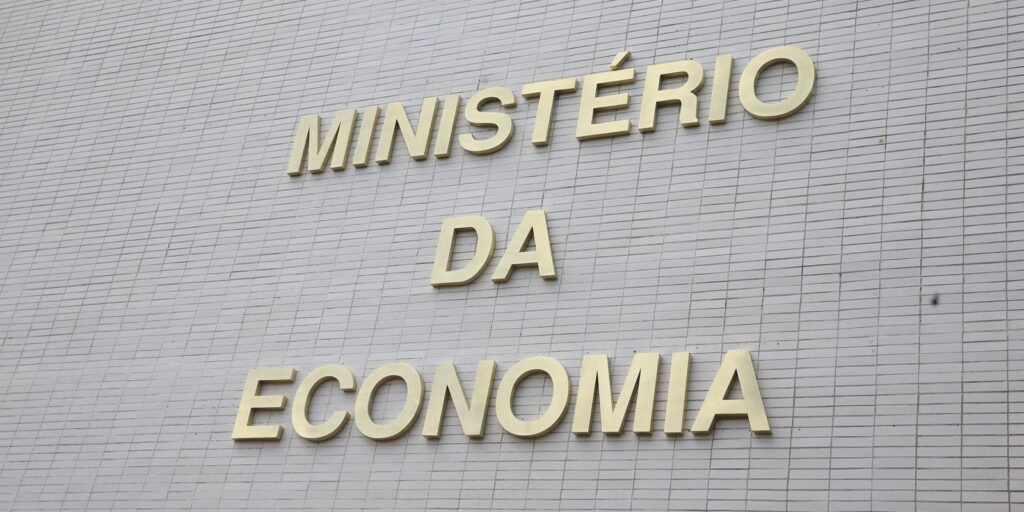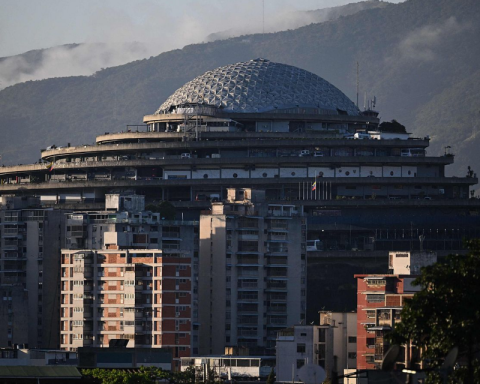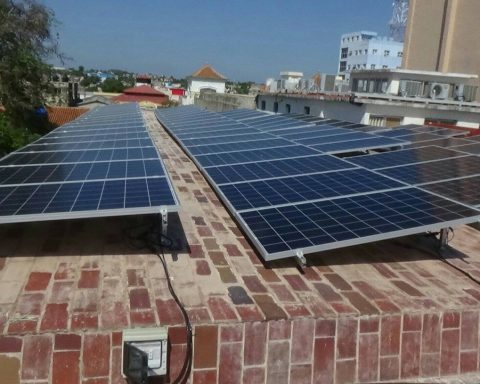The Comptroller General of the Republic, Felipe Córdoba, warned of a concentration of contractors that has occurred at the national level on the eve and in application of the Guarantee Law.
(Read: President of Findeter assures that it will have more than 500 projects).
The head of the control body explained that through the follow-up carried out by the Directorate of Information, Analysis and Immediate Reaction, Diari, with an analytical model, it was evidenced from the entry into validity of the Law of Guarantees (November 13, 2021 and to date) 645,495 contracts have been signed for more than $52.3 billion in the 32 departments of the country and Bogotá.
Among the other irregularities, there is a case of contracts awarded to a single contractor, with Values greater than $10 billion.
Between departments, in Cundinamarca, the CGR found that a company has signed 41 contracts worth $3,362 million (medical and hospital supplies). In Atlántico, a foundation has signed four contracts for $19,369 million, through direct modality, for care for the elderly and higher education for young people, and in Santander there is a contractor that has two inter-administrative agreements for $495 billion (public lighting expansion).
The Comptroller also found several cases where they ran to make the contracts and there is one in particular where a contractor, as a legal representative through companies in which he was part or as a natural person, increased its contracting by 7,811%.
In addition, among the contracts it was shown that two awarded to a contractor totaling more than $400 billion, were approved on the Secop II platform on November 13, 2021, the date on which the Guarantee Law began in the territorial order.
Likewise, the Comptroller drew attention to several contracts signed without fulfilling the requirements, he also considers perverse what is generated with the Guarantee Law.
(What’s more: The new law that extends the useful life of public transport vehicles).
“Hiring is skyrocketing in an unimaginable way. It is a thousand percent before what is triggered before the Guarantee Law, and a gigantic bottleneck is formed in the entities and a lot of things can go there”, he warned.
The control entity also pointed out, case by case, the panorama of contracting in the guarantee law where Bogotá concentrates 43% of the contracting of the country cwith 133,344 contracts, worth $22.44 billion, followed by Antioquia with 62,869 contracts worth $3.8 billion and Valle contracted $2.6 billion.
It should be noted that, in addition to contracting with royalty resources prior to the entry into force of the Guarantee Law, 952 projects were approved, corresponding to 3,562 contracts and then 3,562 projects that exceed $2 billion. Cundinamarca, in the first place, concentrates 10% of royalty resources with 356 contracts for $35 billion, followed by Antioquia with 349 contracts for $60 billion.
However, José O’Meara, general director of Colombia Compra Eficiente, commented to Portafolio, that when the prohibition of direct contracting began (January) on behalf of the elections that “the intervention of the Electoral Guarantees Law makes the entities carry out , in January, the hiring they require for the year. This is the year in which Secop II has been most demanded, but not in which more contracts have been signed”.
A case to be highlighted is a contract between the Toluviejo Mayor’s Office and the UPA Toluviejo consortium, a project by worth more than $5 billion aimed at strengthening the poultry production of small agricultural producers.
(What’s more: The sectors with the highest execution and allocation of the Budget in 2021).
The interesting thing about the case is that during the bidding process only one proposal was received, in addition, the percentages of the total value of the contract proportional to each of the components were not established in the bidding.
On this, the CGR in order to mitigate corruption in the electoral process has provided $1.6 billion.
Paula Galeano


















